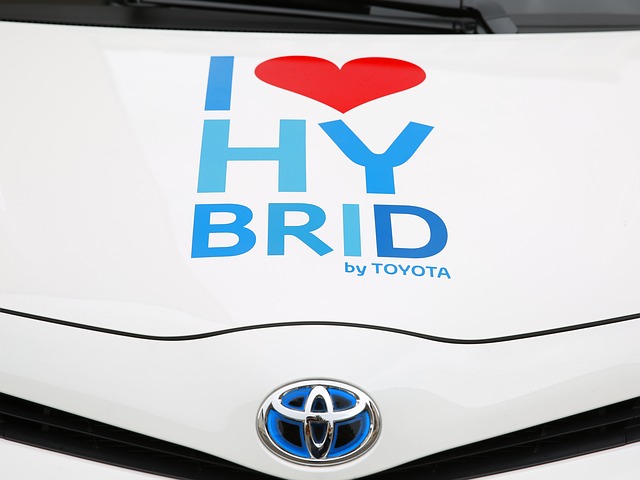 Low emission cars are becoming increasingly popular with almost all manufacturers now producing electric or hybrid vehicles. The government has been trying to sway the British public to buy eco-friendly cars for a long time now and have even bought in incentives to encourage them such as exemption from congestion charges and even lower car tax payments.
Low emission cars are becoming increasingly popular with almost all manufacturers now producing electric or hybrid vehicles. The government has been trying to sway the British public to buy eco-friendly cars for a long time now and have even bought in incentives to encourage them such as exemption from congestion charges and even lower car tax payments.
Fuel prices are still at an all-time high which is slowly but surely burning a hole into motorists’ pockets. On the other hand, when you purchase an eco-friendly car you have to spend a lot upfront but you could end up saving money as well as reduce your carbon footprint in the long run.
However, researchers have recently reported that there may be a secret to making non-polluting cars that only emit water. In a previous blog we tried to predict the cars of the future but this is something no one would ever expect. Scientists have spent years trying to work out the best way to develop a fuel cell car that is powered by pure hydrogen alone and the secret to this, according to researchers, is coconuts!
Coconut kernels have recently been used to store hydrogen gas at India’s Benaras Hindu University. Previously, it was found to be very difficult to store liquid hydrogen as it must be kept at a low temperature which can be costly and problematic within the mechanics of a car. Storing hydrogen in a gaseous state would also require pressurised tanks which would never fit in the confines of a car.
This is why experts have instead been looking at materials such as carbon which can absorb hydrogen and then discharge it when the car needs it. Professor Viney Dixit and his team as the University’s Hydrogen Energy Centre have made carbon from coconut kernels which hold organic, fatty acids and potassium, sodium and magnesium. Discussing his project, Viney Dixit said: “The kernels, which are easily found, are cheap and can easily be converted into carbon.”
“Unlike graphene, Carbon nano tubes (CNTs) and other type of carbons, the production of carbon from solid endosperm is not time taking. Therefore, its cost-effectiveness, good adsorption capacity and easy availability are its advantageous factors in regard to hydrogen storage.”
It has been predicted by the US Department of Energy that hydrogen storage systems will need to have a capacity of at least 5.5 weight/per cent, which is why studies of hydrogen-powered cars have been going on for over two decades. However, according to reports coconut kernels are able to store a ‘considerable’ amount of hydrogen, meaning they could be the answer.
However, some manufacturers have already been creating hydrogen fuelled vehicles such as Toyota with the ‘Mirari’ costing £43,350. Ford, Nissan-Renalt and Daimler have also all joined together and aspire to create a car that will be affordable within the next four years.
Recently, West Virginia University headquarters held an educational event which encouraged students to think about alternative fuels and advanced technology for vehicles. Parked outside the WVU National Research Centre for Coal and Energy were three example vehicles all powered by different fuels.
Odyssey has a mission to educate and take away any stereotypes attached to alternative fuel. The director of National Alternative Fuels Training Consortium (NAFTC), William Davis, attended the event and said: “I believe in this company because it wants to help the public understand alternative energy. Our theme is clean, secure energy, and what that means is that the public needs to take responsibility for their choices that can make for a cleaner environment.”
Davis feels that there is little to no understanding when it comes to electric or natural-gas powered vehicles meaning consumers are less likely to purchase them. Davis added: “Over 50 per cent of America’s oil is imported from the Middle East, which isn’t good. We must develop alternatives, because it’s a dangerous business we’re getting into.”
These kinds of events need to take place more often in order to make people aware of the problems we may get into in the future and educate them on new fuel alternatives in order to change their minds. Once people realise exactly how important alternatively fuelled, low emission vehicles are the more likely they are to purchase them and therefore help others change their minds.
Photo by Pixabay
